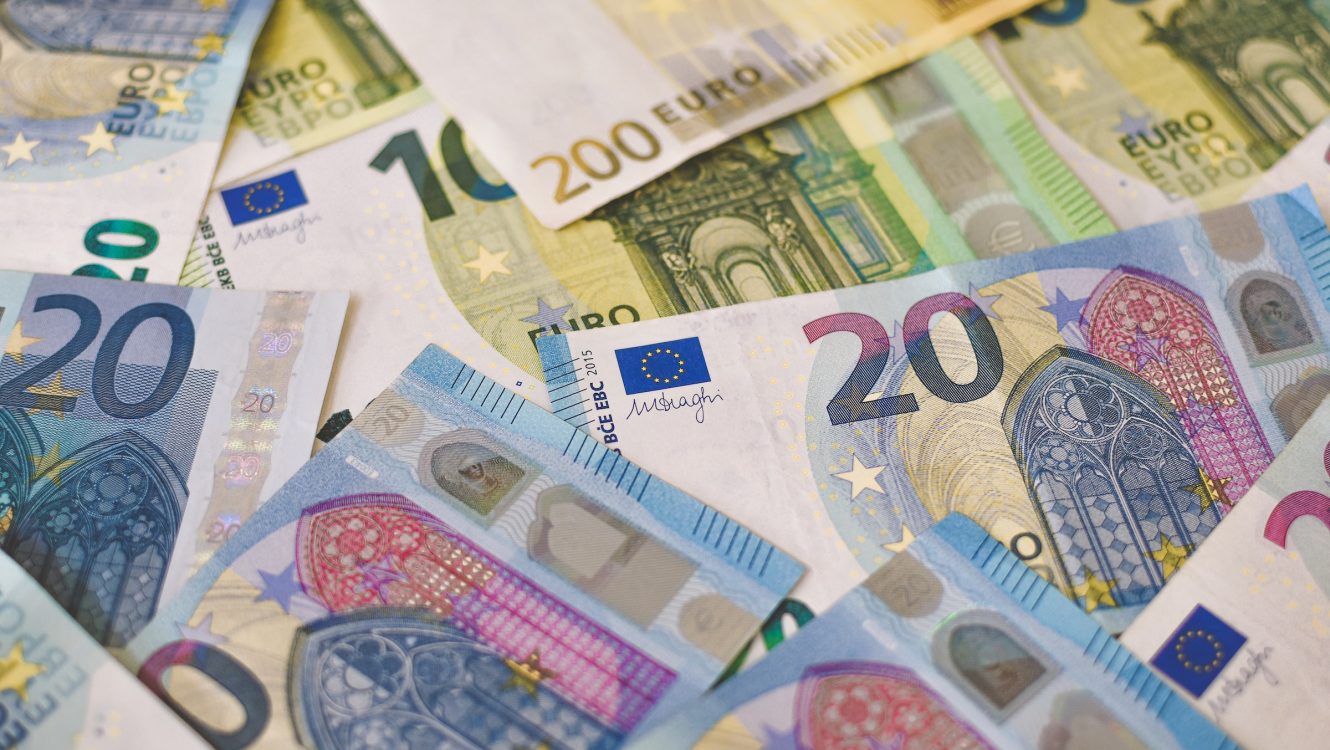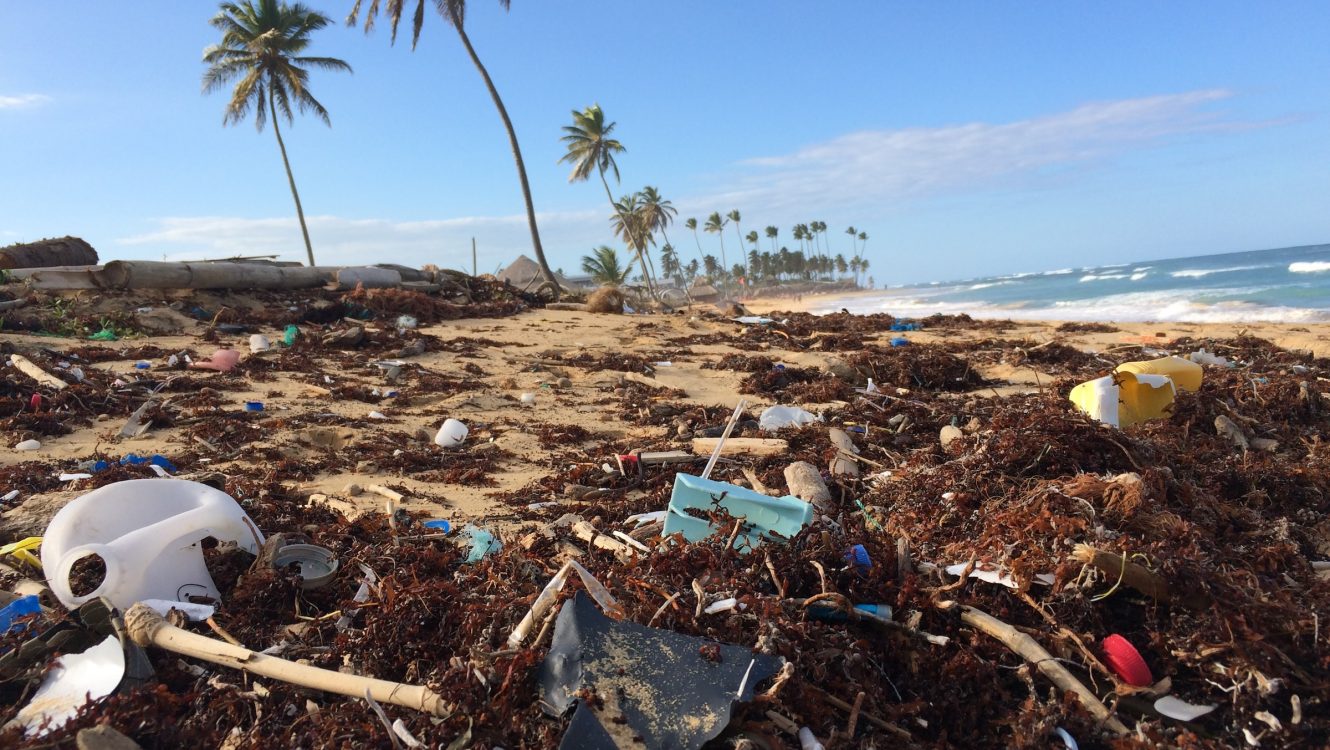Adopt a Slice of Ocean: Niue’s Innovative Solution to Marine Conservation
AUCKLAND – Imagine sponsoring a part of the ocean, ensuring it remains untouched by the perils of illegal fishing or plastic pollution. This isn’t a mere environmentalist’s dream but an actual plan set forth by Niue, the tiny Pacific island nation. With their deep connection to the sea, Niueans are inviting the world to participate in preserving the blue that surrounds their homeland.
A Visionary Approach to Conservation
Premier Dalton Tagelagi unveiled an audacious proposal in New York this Tuesday: allowing individuals and corporations to pay a fee of $148 (€139) to sponsor 1 square kilometre of Niue’s ocean territory for two decades. The initiative aims to safeguard 40% of the nation’s waters, translating to a whopping 127,000 square-kilometre no-take marine protected area. If successful, the scheme could net over $18 million (€17 million) for marine conservation.
For Niue, this isn’t just about money – it’s about preserving a legacy. “Niue is just one island in the middle of the big blue ocean,” Tagelagi elucidates. “We live off the ocean. That’s our livelihood.” The Premier’s words underscore the intrinsic relationship between the Niueans and the vast expanse that envelops them.
Understanding the Threats
Illegal fishing, plastic contamination, and the overarching shadow of climate change imperil Niue’s waters. Unchecked fishing results in the rapid depletion of marine stocks, and discarded plastics wreak havoc on marine ecosystems. Climate change, with its warm and acidic waters, alters underwater ecosystems, while also increasing the frequency of potent tropical storms.
With sea levels on the rise, Niue’s very existence is at stake, particularly given its small land area juxtaposed against an oceanic territory 1,200 times its size. With limited resources and a population of just 1,700, it’s evident that Niue needs external aid in its mammoth conservation endeavor.

More Than Just a Sponsorship
Niue’s novel approach, coined as “Ocean Conservation Commitments”, isn’t a mere transaction. Funds raised will be funneled into a charitable trust, ensuring transparency and focused application towards conservation efforts. Demonstrating commitment, Niue itself will purchase 1,700 sponsorship units, symbolically dedicating one for every Niuean.
Joining Niue in this noble endeavor are philanthropists like Lyna Lam and Chris Larsen, co-founder of the blockchain company Ripple, along with US-based non-profit Conservation International. The latter has been instrumental in setting up technical facets of the program.
Rethinking Conservation Funding
So, what prompted Niue to chart this unique path? Maël Imirizaldu, affiliated with Conservation International and the Blue Nature Alliance, points out the shortcoming of conventional ocean conservation financing. Typically, islands like Niue scurry from one project to another, perpetually in search of funds. “The main idea was to… help them have funding so they can plan for the next 10 years, 15 years, 20 years,” Imirizaldu elucidates.
Echoing the potential of Niue’s innovative plan, Simon Thrush, a marine science professor at New Zealand’s University of Auckland, lauds the initiative. “It’s a good idea,” Thrush mentions, emphasizing the importance of the plan’s rigorous vetting and long-term guarantee.
Conclusion
With a mix of traditional values and innovative funding approaches, Niue beckons the world to play a part in conserving our oceans. The island nation’s strategy, if successful, could pave the way for other countries, redefining global marine conservation efforts. As Niueans extend their hands for support, the world is watching. Here’s to hoping that this slice of the Pacific remains as pristine and awe-inspiring for generations to come.
©globalgreenhouse.eu






